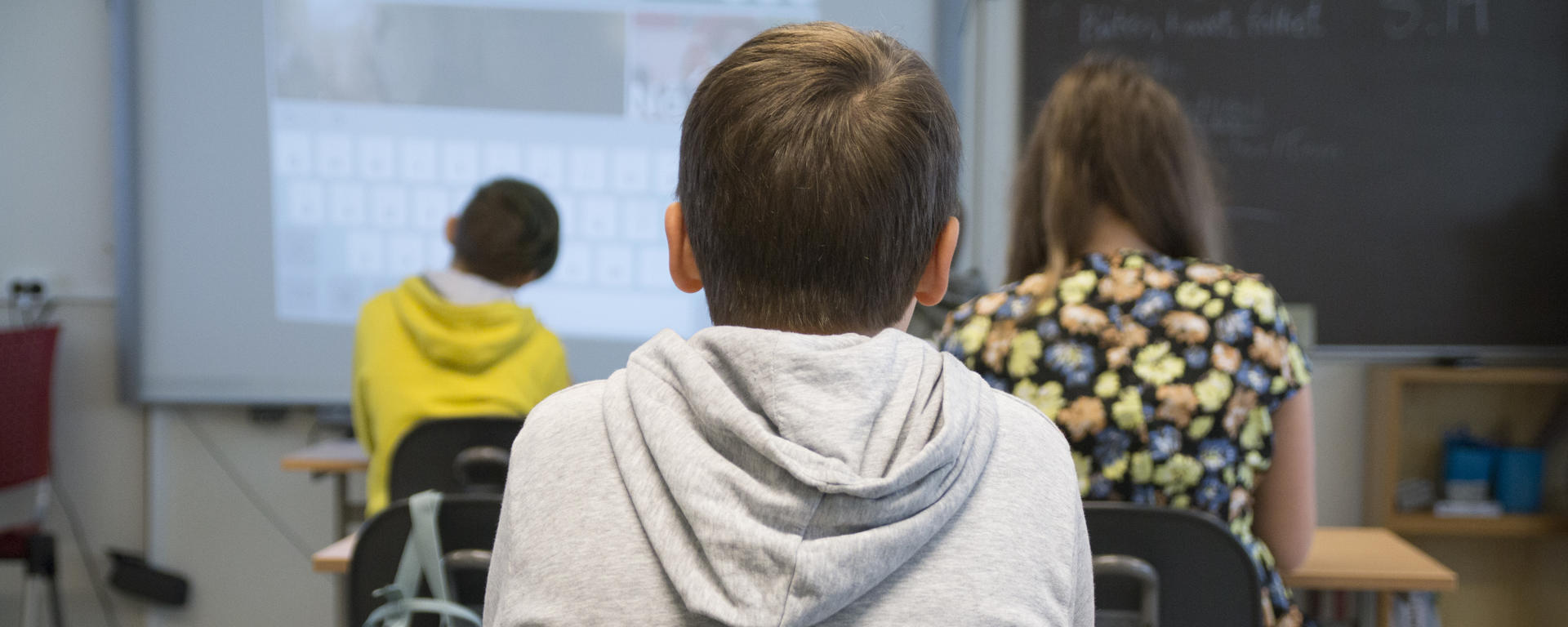What is a psychoeducational assessment?
A psychoeducational assessment is a process in which a psychologist collects information about a student’s functioning, from a variety of sources, in order to better understand the student’s strengths and needs.
Psychoeducational assessments typically include standardized measures of intellectual functioning, academic achievement, and social/emotional functioning. Depending on the reasons for the referral, the psychologist may administer other measures related to memory, attention, language, or other relevant areas of functioning. Some of the information will come from talking with the child’s parents and/or teachers about the patterns of behaviour exhibited at home and at school. As well, information may be collected in the form of checklists or rating scales.
The goal of the process is to answer the referral question(s) and provide strategies/suggestions to support the student.
Signs a child might benefit from an assessment
- starting to lose interest in school
- excessively sad or worried
- putting in less effort
- expressing that the work is too hard
- expressing dislike of school
- not grasping new skills as readily as peers
- disruptive in class or at home
- inattentive at school or at home
- not progressing academically
Program Details
The clinic provides assessments for school-aged children, including those transitioning into and out of K-12 schooling (approximately ages 5-20).
Typically, the assessment process takes between 6 & 8 weeks to complete.
This time frame ensures that student-clinicians receive appropriate consultation/supervision from the Supervising Psychologists throughout the process.
Applications for ISE Psychoeducational Assessment services will be screened to determine their suitability for the skill level of the current student-clinicians.
The ideal client is a school-aged child for whom there are questions about their learning, academic skill development, or social-emotional functioning and its impact on school performance. Eligible assessments will be scheduled during the summer, fall, or winter terms based on available student-clinicians.
ISE charges a flat fee of $1,500.00 for a psychoeducational assessment, payable at the first appointment.
ISE accepts cash, debit, or credit cards (VISA, MC, AMEX).
ISE does not provide third party billing; however, a detailed billing receipt will be provided to you at the end of the process.
It is your responsibility, as the policy holder, to contact your insurance company to find out if they will pay for your psychoeducational assessment and to determine the process for reimbursement.
How does the assessment process work?
Once an academic term has begun, the Administrative Coordinator will contact each eligible family to book the five appointments for their assessment process. Please note that due to program constraints, all appointments are predetermined.
Intake Appointment (parent(s) only)
During the intake appointment, the student-clinician will provide you with detailed information about the clinic, the assessment process, and informed consent. The student-clinician will ask questions to better understand the concerns you have about your child. The student-clinician and Supervising Psychologist will use this information to determine which specific assessments would best answer your referral questions.
Length: 1.5 hours
Assessment Sessions (child only)
A psychoeducational assessment involves clinical interviews, observations, and administration of a variety of tests and rating scales to better understand how a child learns, processes information, and functions emotionally and behaviourally. The purpose is to determine a student’s strengths and areas of need in order to develop a plan to assist the child to succeed in school. Three sessions will be scheduled for the test administration portion of the assessment.
Length: 3 hours per session
Classroom Observation
If you make a request, and the school administration/teacher agree to participate, the student-clinician may arrange to observe your child at school to better understand how he/she approaches academic tasks and interacts in the learning environment.
Feedback Appointment (parent(s) only)
The student-clinician, with the support of the Supervising Psychologist, will write a report and meet with for you to discuss the results of the assessment and provide recommendations.
Length: 1.5 hours
…this was a really great experience. Both the caregiver and the youth commented that they felt heard, that the process was pleasant, and the person conducting the interviews was friendly, approachable, and very professional. The caregiver felt the explanation was very thorough and appreciated hearing about the resources as well.
Government case worker
Autism Spectrum Disorder Assessments
The majority of student-clinicians in the clinic are not trained in the formal assessment tools used for the identification of Autism Spectrum Disorders. If this is your primary concern, please contact the Psychologists Association of Alberta (PAA) for recommendations of other service providers that may be better suited for you.

